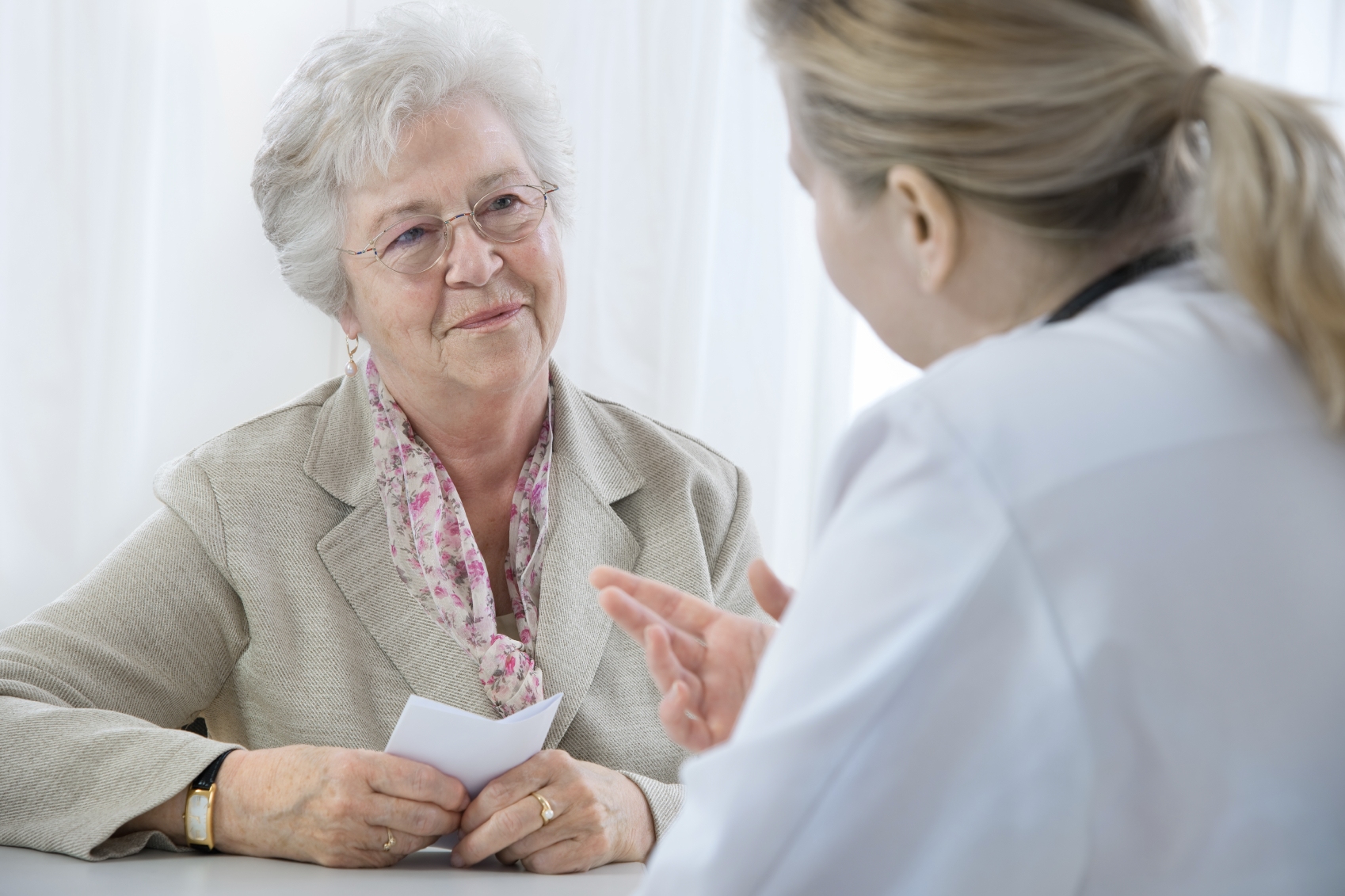Treatment to relieve pancreatic cancer symptoms

Other pancreatic cancer symptoms and their treatment
Surgery to relieve symptoms (bypass surgery)
Bypass surgery is done to relieve your symptoms when the tumour cannot be removed. For example, you may be vomiting due to a blockage in your small bowel (duodenum) caused by the cancer. In this case, your surgeon might connect your small bowel to your stomach. This operation is called a gastrojejunostomy.
Using stents to relieve symptoms
It is also quite common for the bile duct to be blocked by pancreatic cancer. This causes jaundice (yellow discolouration of the skin) and may cause severe itching. In this case you might have a stent put in. This is a small metal or plastic tube which which can be inserted by ERCP (when a tube with a camera and a light is put down your throat into your digestive system). It can also be put in through your skin using a method call percutaneous transhepatic cholangiogram (PTC).
Pain
If you have pain tell your doctor so they can find out the cause and how to treat it. Don’t play down the amount of pain you have. It is important that your pain is under control so that you can enjoy your normal activities.
How it's treated
Surgery, radiotherapy or chemotherapy can all help to ease pain. There are also a lot of really effective painkillers. If one doesn’t work, tell your doctor or nurse so they can try something else.
There are also other ways to treat pain such as nerve blocks and epidural injections. The coeliac plexus block is often used for pancreatic pain. Read more about managing pain.
Jaundice
Jaundice happens when the cancer blocks the bile ducts in your pancreas or if it has spread to your liver. This causes the bile to be absorbed into your bloodstream instead. This can cause your skin and whites of your eye to become yellow in colour. Your skin can get dry and itchy, your urine becomes dark in colour and your stools pale. You may feel sick, weak and tired, and have tummy pains.
How it's treated
Bypass surgery or a stent can help. A special tube to drain the bile can also be put in through your skin if needed. The bile flows into a drainage bag outside your body that can be emptied each day. If your skin is very itchy, your doctor may prescribe antihistamines to relieve it.
Tips
- Calamine lotion or cool water on your skin can help to ease the itching.
- Baking soda can help to soothe and soften your skin too. Add a half cup of baking soda to a bath of warm water and soak in it.
- When washing, use a mild soap on your skin.
- Moisturise your skin with an unperfumed cream.
Eating problems and weight loss
You may find it hard to eat well due to the effects of cancer and its treatment. But there are ways to help improve your appetite and make sure you are getting enough calories. Your dietitian will advise you about digestive enzymes and help you manage your diet if you have developed diabetes.
How it's treated
Pancreatic enzymes in tablet form can help you digest your food so it can be absorbed. Anti-sickness tablets can help if you have nausea. There are also medicines for constipation and diarrhoea. You might be given a special diet, with, for example, lots of high-energy foods.
In rare cases, your doctor may feel a feeding tube is necessary. This may be done if you cannot take in enough calories by mouth. Or your doctor may decide to give you nutrients directly into a vein. This is called total parenteral nutrition (TPN). TPN is usually only given if there is a blockage in the bowel.
We have more advice on coping with eating difficulties. Or read our booklet Diet and Cancer for help with eating problems and tips on how to get more calories.
Vomiting
Vomiting can sometimes happen if the cancer is blocking your small bowel (duodenum). Food builds up where the blockage is and makes you feel sick (nausea) or vomit. It can affect your appetite as well so that you do not feel like eating.
Treatment
Bypass surgery may be done or a stent put in to unblock the area so that food can pass normally. Your doctor can prescribe anti-sickness tablets to ease the nausea and vomiting. Read more about coping with nausea and vomiting.
Fatigue
Fatigue is when you feel very tired and rest doesn’t seem to help. Read more about fatigue or download our booklet, Coping with Fatigue.
For more information
Phone
1800 200 700



